Search Results
Showing results 1 to 20 of 42
Growing Plants: Track Their Growth
Source Institutions
In this activity, learners will be working with predictions with a time frame of one week, or longer. Start by planting seedlings.
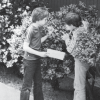
Plants Around a Building
Source Institutions
In this outdoor activity, learners discover how the environment around a building affects the growth of plants.
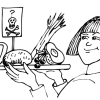
Everyday Poisons
Source Institutions
This reading and writing activity (on pages 2-9) teaches what plant parts should be avoided, how a person can get rid of toxins, symptoms of plant poisoning, and how plants create poisons to repel pre
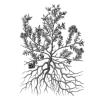
Root Observations
Source Institutions
In this activity, learners will investigate and compare the root systems of plants. Explore how weed and edible plant roots differ, and take a closer look inside with the careful use of a knife!
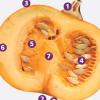
Squash Dissection
Source Institutions
In this activity, learners will dissect a pumpkin or winter squash to learn the parts of the plant. This activity gets your learner hands on with every part of the plant and will be messy.
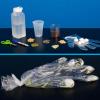
Grow a Garden in a Glove
Source Institutions
Learners use a transparent plastic glove as a container to grow seeds. A different kind of seed can be planted in each finger.
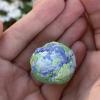
Seed Orbs
Source Institutions
In this activity, learners will make seed orbs to grow new trees and plants. Learners will explore ecology and life cycles as well as stewardship through this activity.
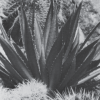
Cactus Wheel
Source Institutions
In this outdoor activity/field trip, learners explore the concept of population density.
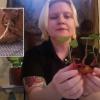
Growing Food From Scraps
Source Institutions
In this activity, learners will explore vegetative propagation while preparing food scraps to grow into plants.
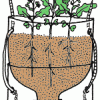
TerrAqua Investigation Column: What is the Land-Water Connection?
Source Institutions
In this investigation, learners plant seeds in a 2-liter bottle filled with soil that is connected to a water source below. Over the next few weeks, learners observe how the plants grow.
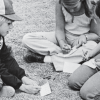
Attention!
Source Institutions
In this outdoor art/environmental activity, learners create designs that will attract attention to animals and plants in particular habitats, and then test whether their designs attracted the "right"

Moving On Up: Capillary Action 1
Source Institutions
Over the course of several days, learners explore the property of water that helps plants move water from roots to leaves or gives paper towels the capacity to soak up water.
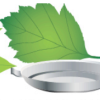
Paper Chromatography with Leaves
Source Institutions
In this activity on page 5 of the PDF (Plants—The Green Machines), learners use chromatography to separate and identify pigments within various leaves.
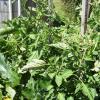
A Balancing Act
Source Institutions
In this plant science activity, learners role play as vegetables and weeds competing for nutrients.
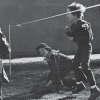
Fly a Leaf
Source Institutions
In this outdoor, windy day activity, learners "fly" and race leaves along a line to discover which types of leaves catch the most wind. Which leaves are the best fliers? Why?
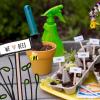
Egg Carton Nursery
Source Institutions
In this activity, young learners will make their own flower seed nursery in an egg carton.
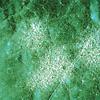
Powdery Mildew Fungi: Classification and Ecology
Source Institutions
In this laboratory exercise, learners will discover how many different plant hosts they can find that are infected by the same genus of a powdery mildew fungus, or how many different genera of powdery
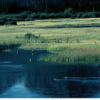
Wetlands
Source Institutions
Learners create a model of a wetland to observe how it absorbs and filters water from the environment.
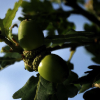
Seed Adaptations
Source Institutions
By participating in a seed scavenger hunt, learners examine many adaptations of seeds, including how many seeds a plant makes, how those seeds travel to new locations, and what protects them from pred

Make a Terrarium
Source Institutions
In this activity, learners make a miniature greenhouse or "terrarium" to explore the greenhouse effect.
